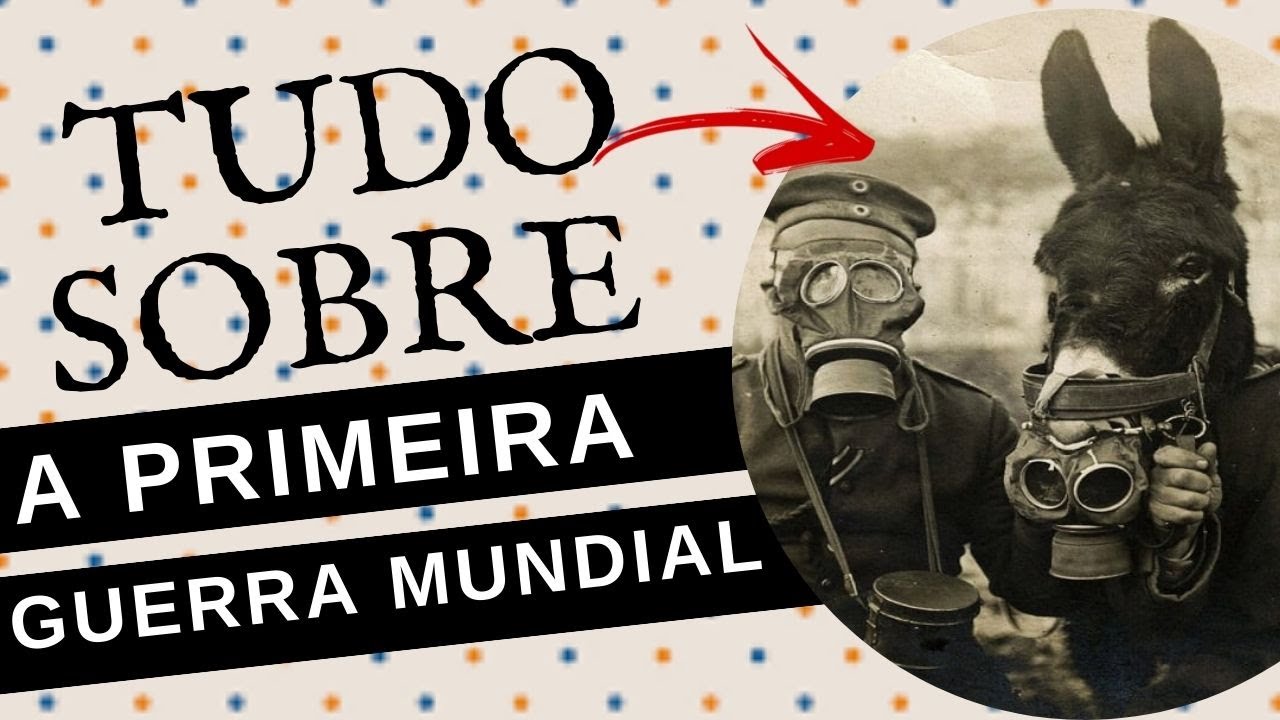Teori Pascakolonial | Mata Kuliah Teori Sastra Pascastruktural
Summary
TLDRThis video script delves into the realm of post-colonial theory in literature, exploring its origins post-World War II and its focus on the psychological and sociological impacts of colonialism. It discusses key concepts such as power relations, the West-East dichotomy, orientalism, exoticism, ambivalence, hybridity, mimicry, labels, and diaspora. The script encourages the application of post-colonial theory to analyze literature beyond colonial narratives, questioning societal norms and uncovering the political implications of everyday phenomena.
Takeaways
- 🌍 Postcolonialism refers to the period after the end of colonialism worldwide, marked by the end of World War II.
- 📚 Postcolonial literature encompasses writings about colonial experiences by both colonizers and the colonized.
- 🧠 Postcolonial theory analyzes the psychological and sociological impacts of colonialism on former colonies.
- ⚖️ Power relations involve interactions between colonizers and the colonized, as well as other unequal interactions in society.
- 🌏 In postcolonial theory, 'West-East' carries political connotations of dominance and subjugation.
- 👀 Orientalism refers to the Western perspective of the East as inferior, often associated with negative stereotypes.
- 🔄 Occidentalism is the Eastern perspective that views the West as a model to follow, influencing behaviors and standards.
- 🌺 Exoticism in postcolonial context relates to how the West views Eastern elements like culture and nature, often misunderstood.
- 🌀 Ambivalence describes the duality in colonized peoples' behavior, desiring independence yet aspiring to be like their colonizers.
- 👨👩👦 Hybridity pertains to individuals of mixed colonial heritage, often facing identity and acceptance issues.
- 🦜 Mimicry involves the colonized imitating the colonizers, sometimes to the extent of losing their own identity.
- 🏷️ Labeling (Othering) is the act of categorizing and viewing others as different or inferior, often irrationally.
- ✈️ Diaspora refers to the dispersion of people from their homeland, often facing cultural shocks in new environments.
- 📖 Postcolonial theory in literature analyzes texts for power relations and political undertones, not limited to colonial contexts.
Q & A
What is the main topic discussed in the script?
-The main topic discussed in the script is the theory of post-colonialism in literature.
What does 'post-colonial' refer to in the context of the script?
-In the script, 'post-colonial' refers to the period following the end of colonialism worldwide, marked by the end of World War II, and includes writings related to the colonial experience by both colonizers and the colonized.
What are the three aspects that post-colonialism addresses according to the script?
-The three aspects of post-colonialism addressed in the script are the end of colonialism, writings related to the colonial experience, and the theories used to analyze post-colonial issues.
How does post-colonial theory view the impact of colonialism?
-Post-colonial theory views the impact of colonialism in terms of its psychological and sociological effects, analyzing various cultural phenomena such as history, politics, economy, and literature in former European colonies.
What is the significance of the term 'power relations' in post-colonial theory?
-In post-colonial theory, 'power relations' refer to the unequal interactions between the colonizer and the colonized, which can also be seen in other relationships such as between parents and children, teachers and students, and among friends.
What is the meaning of 'West-East' in the context of post-colonial theory?
-In post-colonial theory, 'West-East' has a political connotation, relating to who is in control and who is being controlled, rather than just geographical directions.
What is 'Orientalism' as discussed in the script?
-'Orientalism' in the script refers to the Western perspective that views the East as inferior and negative, often stereotyping it with negative attributes.
What is the concept of 'Occidentalism' in the script?
-'Occidentalism' is the Eastern view of the West as an ideal or a model to follow, which can lead to behaviors such as adopting Western standards, even in self-perception.
What does 'exotica' signify in the context of post-colonial theory?
-In post-colonial theory, 'exotica' refers to things originating from the East that are not fully understood by the West, often associated with beauty and sensuality but also with a lack of comprehension.
What is 'ambivalence' in the context of post-colonial theory?
-'Ambivalence' in the script refers to the dual desires of the colonized to gain independence on one hand, and to become like their colonizers on the other, as exemplified by the use of skin-whitening products.
What is 'hybridity' and how is it related to post-colonial theory?
-'Hybridity' in the script refers to individuals born from mixed marriages between colonizers and the colonized, who may face complex identity issues and not be fully accepted by either family or the academic community.
What is 'mimicry' as discussed in the script?
-'mimicry' in the script is the act of imitation by the colonized to become like their colonizers, which is seen as a form of submission or adaptation to the dominant power.
What is 'diaspora' and its relevance to post-colonial literature?
-'Diaspora' refers to the spread of individuals or groups to areas outside their birthplace and culture. In post-colonial literature, it often involves cultural disorientation and the emergence of individuals with new identities.
How can post-colonial theory be applied to analyze literature?
-Post-colonial theory can be applied to analyze literature by examining texts that contain power relations, either implicit or explicit, and by questioning what may seem normal due to its political implications beyond mere national power struggles.
Outlines

このセクションは有料ユーザー限定です。 アクセスするには、アップグレードをお願いします。
今すぐアップグレードMindmap

このセクションは有料ユーザー限定です。 アクセスするには、アップグレードをお願いします。
今すぐアップグレードKeywords

このセクションは有料ユーザー限定です。 アクセスするには、アップグレードをお願いします。
今すぐアップグレードHighlights

このセクションは有料ユーザー限定です。 アクセスするには、アップグレードをお願いします。
今すぐアップグレードTranscripts

このセクションは有料ユーザー限定です。 アクセスするには、アップグレードをお願いします。
今すぐアップグレード関連動画をさらに表示

Colonialism and Post-Colonial Literary Criticism

What is Postcolonialism? A Short Introduction to Postcolonial Theory

Contemporary Period in Philippine Literature | English & Tagalog | Literature Unfolded | JC Archives

What is Postcolonial Theory?

Postcolonialism in English Literature | The Impact of Postcolonialism on English Literature

TUDO SOBRE A PRIMEIRA GUERRA MUNDIAL
5.0 / 5 (0 votes)
